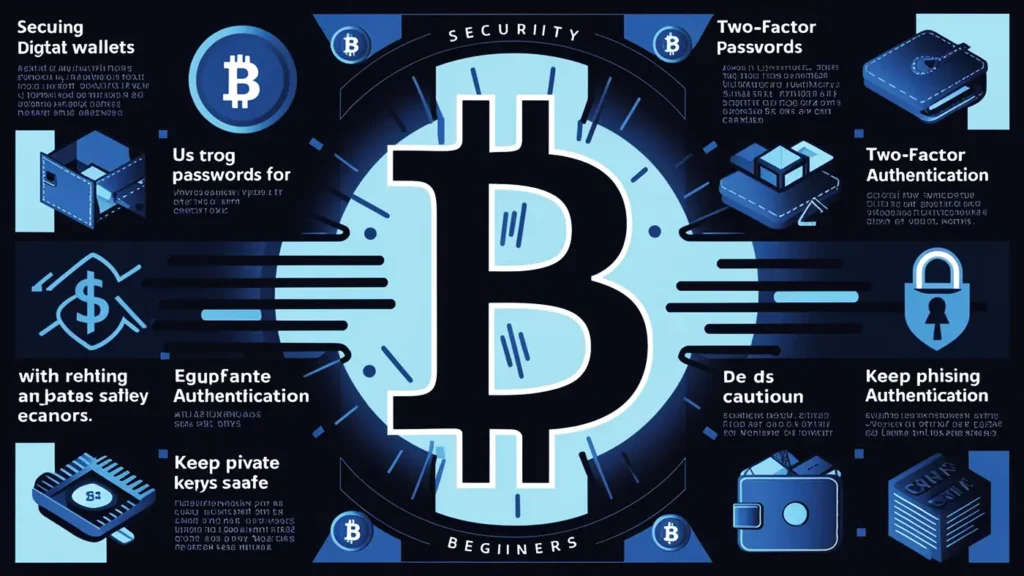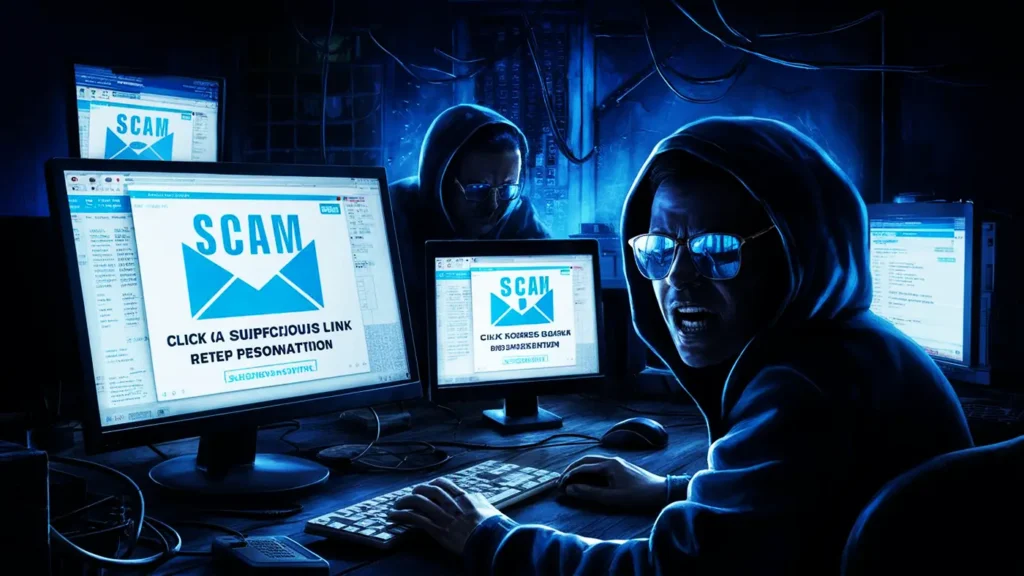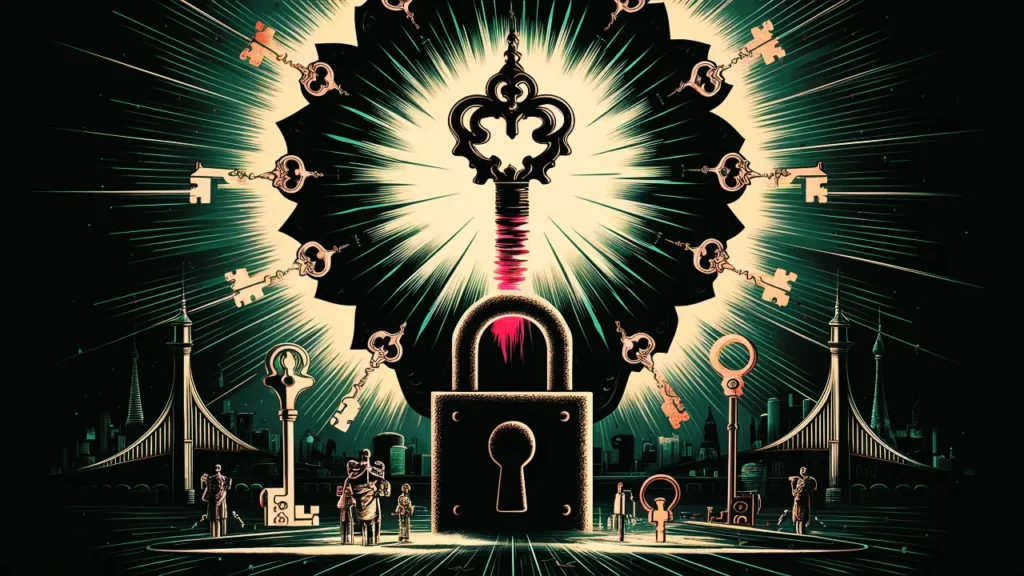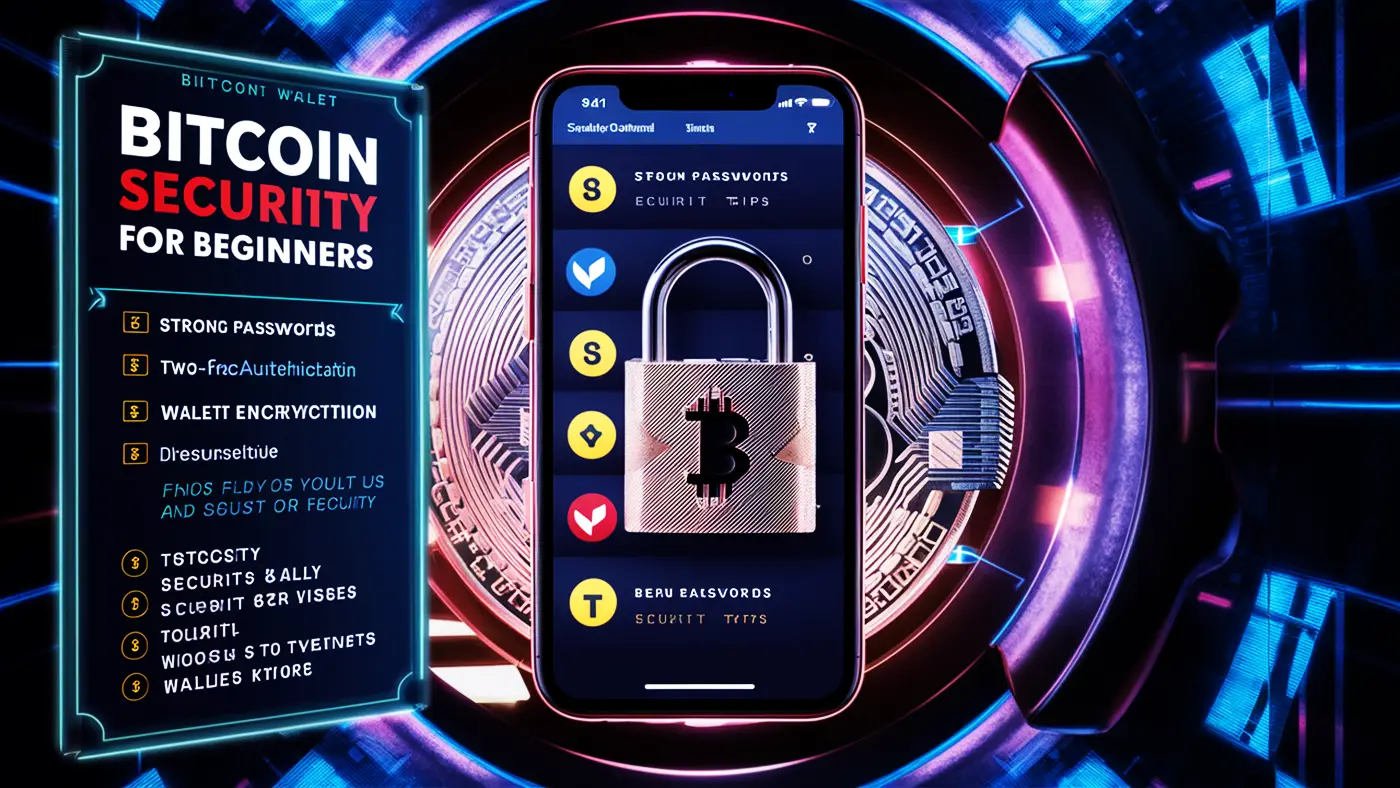Keeping your Bitcoin safe is just as important as buying it. In 2025, digital theft and online scams still target beginners who don’t know the basics of crypto security. The good news? Protecting your coins doesn’t need to be hard; it starts with smart, simple habits.
In this guide, BTCRepublic shares the top Bitcoin security tips every beginner needs to know. You’ll learn how to choose the right wallet, protect your private keys, and avoid the scams that cost users millions each year. Stay alert, stay smart, and keep your crypto truly yours.
Key Takeaways
| Insight | Summary |
| Choose secure wallets | Use trusted hot wallets for daily use and cold wallets for long-term storage. |
| Protect your private keys | Keep recovery phrases offline and never share them with anyone. |
| Use Two-Factor Authentication | Adds a strong extra layer that blocks most login attacks. |
| Avoid phishing traps | Always verify URLs, download only from official sources, and ignore suspicious links. |
| Keep devices updated | Regular updates fix security flaws and protect your data. |
| Learn continuously | Following BTCRepublic’s safety guides helps you stay ahead of new threats. |
- Key Takeaways
- Facts & Original Research
- Why Bitcoin Security Matters
- 5 Proven Tips to Keep Your Bitcoin Safe
- Tip 1: Use a Secure Wallet (Hot vs Cold)
- Comparison: Hot vs Cold Wallets
- Tip 2: Protect Your Private Keys
- Best Practices for Key Safety
- Tip 3: Enable Two-Factor Authentication (2FA)
- Why 2FA Matters
- Tip 4: Avoid Phishing and Fake Apps
- Safe Browsing Checklist
- Tip 5: Keep Software and Devices Updated
- Smart Device Habits
- Smart Security Habits for 2025
- Secure Your Device
- In Summary: Bitcoin Security Tips For Beginners
- Conclusion
- Frequently Asked Questions (FAQs)
Facts & Original Research
Most Bitcoin losses don’t happen on the blockchain; they happen when users skip simple safety steps.
Global Security Insights
| Topic | Fact | Why It Matters |
| Network Security | Bitcoin has operated for over 15 years with no successful network hack. | Confirms Bitcoin’s core system is extremely reliable. |
| User Error | Over 75% of crypto losses in 2024 were due to phishing and poor password hygiene. | Shows how basic safety habits prevent most problems. |
| Hardware Wallet Adoption | Global hardware wallet ownership rose 48% since 2023. | More investors are choosing safer storage options. |
| Exchange Safety | 90% of leading exchanges now keep funds in cold storage. | Indicates a shift toward stronger security standards. |
Why Bitcoin Security Matters
Bitcoin gives you full control over your money, but that also means full responsibility. There’s no bank, no password reset, and no customer support to recover lost coins. Once a transaction is confirmed, it can’t be undone. That freedom is powerful, but it requires awareness and care.
In 2025, hackers and scammers continue to target beginners through fake wallets, social media traps, and phishing links. Most losses happen not because Bitcoin is unsafe, but because users don’t follow basic protection steps.
At BTCRepublic, we focus on teaching simple, real-world security habits that help beginners keep their Bitcoin safe from both digital attacks and human mistakes.
5 Proven Tips to Keep Your Bitcoin Safe

Tip 1: Use a Secure Wallet (Hot vs Cold)
Your wallet is where your Bitcoin lives, so choosing the right one is your first line of defence. There are two main types: hot wallets and cold wallets.
- Hot wallets are connected to the internet, like mobile or web wallets. They’re easy to use but slightly more exposed to hacks.
- Cold wallets stay offline, such as hardware or paper wallets. They’re better for storing larger amounts safely over time.
Comparison: Hot vs Cold Wallets
| Wallet Type | Connectin | Best For | Risk Level |
| Hot Wallet | Online | Daily use, quick transfers | Moderate |
| Cold Wallet | Offline | Long-term storage | Low |
Tip 2: Protect Your Private Keys
Your private key is like the password to your Bitcoin. Anyone who has it can move your coins forever. That’s why protecting it is the most important part of crypto security.
When you first set up a wallet, you’ll get a recovery phrase (usually 12–24 random words). This phrase restores your Bitcoin if you lose your phone or wallet, so it must be kept offline and private.
Best Practices for Key Safety
- Write your recovery phrase on paper and store it in a safe place.
- Never take photos or store them in email or cloud storage.
- Don’t share it, even with support teams or friends.
- Create two backups in different secure locations.
If you lose your private keys, your coins are gone forever. At BTCRepublic, we call this “rule number one” for every new investor: Protect your keys like your future depends on it, because it does.
Tip 3: Enable Two-Factor Authentication (2FA)
Even the strongest password isn’t enough to keep hackers out. Two-Factor Authentication (2FA) adds a second layer of protection to your Bitcoin accounts by requiring a one-time code from your phone or app.
Most major exchanges and wallets support 2FA through apps like Google Authenticator or Authy. Once turned on, even if someone steals your password, they can’t log in without that extra code.
Why 2FA Matters
- Blocks over 90% of online account attacks.
- Makes phishing and brute-force hacks nearly impossible.
- Takes less than a minute to set up.
Tip 4: Avoid Phishing and Fake Apps

Phishing is one of the easiest ways scammers steal Bitcoin. It happens when fake websites or apps pretend to be real exchanges or wallets, tricking users into entering their private details.
Always double-check website URLs before logging in. Fake ones often look almost identical to the real thing, with small spelling differences or extra characters. Download wallet apps only from official app stores or verified links on the company’s website.
Safe Browsing Checklist
- Look for HTTPS and the correct web address.
- Avoid clicking links from emails or social media ads.
- Bookmark your exchange’s official login page.
- Never connect your wallet to random QR codes.
At BTCRepublic, we remind readers: scammers don’t hack your wallet, they trick you into opening the door.
Tip 5: Keep Software and Devices Updated
Outdated apps or devices can leave security holes that hackers use to attack your wallet. Keeping your wallet software, exchange app, and phone or computer updated closes those gaps and adds the latest security fixes.
Always install updates directly from trusted sources, never from pop-up ads or random links. Updates often patch weak points that could expose your keys or data.
Smart Device Habits
- Turn on automatic updates for wallets and browsers.
- Use antivirus protection and scan your system regularly.
- Avoid public Wi-Fi when logging into exchanges or wallets.
- Lock your phone and laptop with strong passwords or biometrics.
A few minutes spent updating your tools can protect months or years of savings. Safe investing starts with safe devices, and that’s a habit BTCRepublic always stands behind.
Smart Security Habits for 2025

A few extra habits can make a big difference in keeping your Bitcoin safe. These small actions are simple but powerful for everyday protection:
- Don’t post wallet screenshots online. Scammers use them to track and target you.
- Test small transactions first. Send a small amount before moving large sums; it confirms everything works correctly.
- Keep learning. The crypto world changes fast, so keep reading trusted sources like BTCRepublic to stay alert.
- Use unique passwords everywhere. Never reuse the same one across apps.
- Trust slowly. Always verify before you believe, scams rely on speed and pressure.
Smart security is about habits, not hardware; steady awareness keeps your Bitcoin safe in any market.
Secure Your Device

The other safe practice to promote Bitcoin security is securing your device. Whether using a mobile phone or a computer to access your wallet, you should practice safe browsing practices that make it challenging for hackers to infiltrate your device.
This tip is critical when using a hot wallet as a mobile application. Such wallets are always connected to the internet. Therefore, it is elementary for a hacker to gain access to your wallet if you fail to improve the security of your device.
When it comes to securing your mobile device or computer, below are some tips that you should use:
- Refrain from using public WiFi – This is one of the basic skills in protecting your internet safety. Hackers are always looking for public Wi-Fi to steal sensitive data.
- Keep up with device and wallet updates – Device manufacturers constantly send updates to patch security flaws that threat actors may exploit. You should always install these updates when they are released. You should also check if your wallet provider has issued an update that needs serious attention.
- Use two-factor authentication – A two-factor authentication is like a second layer of security. You will require a code sent to you via email or phone whenever you log into your wallet. This code ensures that an unauthorised person will find it hard to log into your wallet.
- Install a password on your device – You should always secure your device by installing a password. A password ensures that if your device is stolen, a malicious actor will not have access to it.
- Do not auto-save your passwords – You should not auto-save passwords when asked to do so by Google Chrome or other tools. Doing so ensures you remain safe in case the password-protecting tools are compromised.
- Install an anti-virus program – You should install an anti-virus program on your device to keep malicious actors at bay.
Taking these steps will boost Bitcoin security and eliminate the possibility of hackers using your device as an access point to gain unauthorised entry.
In Summary: Bitcoin Security Tips For Beginners
Bitcoin’s popularity continues to soar by the day, and many new entrants in the space have limited knowledge of improving their assets’ security.
The cryptocurrency industry is filled with stories of people who have lost millions of dollars worth of cryptocurrencies to hacking attacks. This often forms the basis of the myth that Bitcoin is a scam. However, contrary to this belief, Bitcoin is not a scam; scammers and hackers are always looking to prey on people in this space.
If you want to improve Bitcoin security and keep your crypto assets safe from harm, you should always pay attention to the security of your wallet. Your crypto wallet should be protected like you would protect your physical wallet.
Conclusion
Protecting your Bitcoin isn’t complicated; it’s about smart habits and awareness. Simple steps like using secure wallets, protecting your keys, enabling 2FA, and watching for scams can save you from the most common risks. Technology keeps improving, but safety still depends on how carefully you act.
Stay consistent, update your tools, and keep learning from trusted sources. With these tips, even beginners can manage Bitcoin confidently. For more clear, beginner-friendly safety guides and crypto lessons, explore BTCRepublic, your trusted space for learning how to protect and grow your digital assets.
Frequently Asked Questions (FAQs)
What’s the safest Bitcoin wallet for beginners?
A hardware or cold wallet is the safest choice for long-term storage. It keeps your coins offline and away from hackers.
Can Bitcoin be hacked?
The Bitcoin network itself has never been hacked. Most thefts happen when users fall for scams or use unsafe exchanges.
How do I recover lost Bitcoin?
If you lose your private keys or recovery phrase, your Bitcoin can’t be recovered. That’s why backups and secure storage are vital.
Should I use a mobile wallet?
Yes, for small amounts or daily use. For large savings, use a cold wallet for stronger protection.
How can I check if a crypto app is safe?
Verify it from the official website or app store, read recent reviews, and avoid any that ask for private keys during setup.










